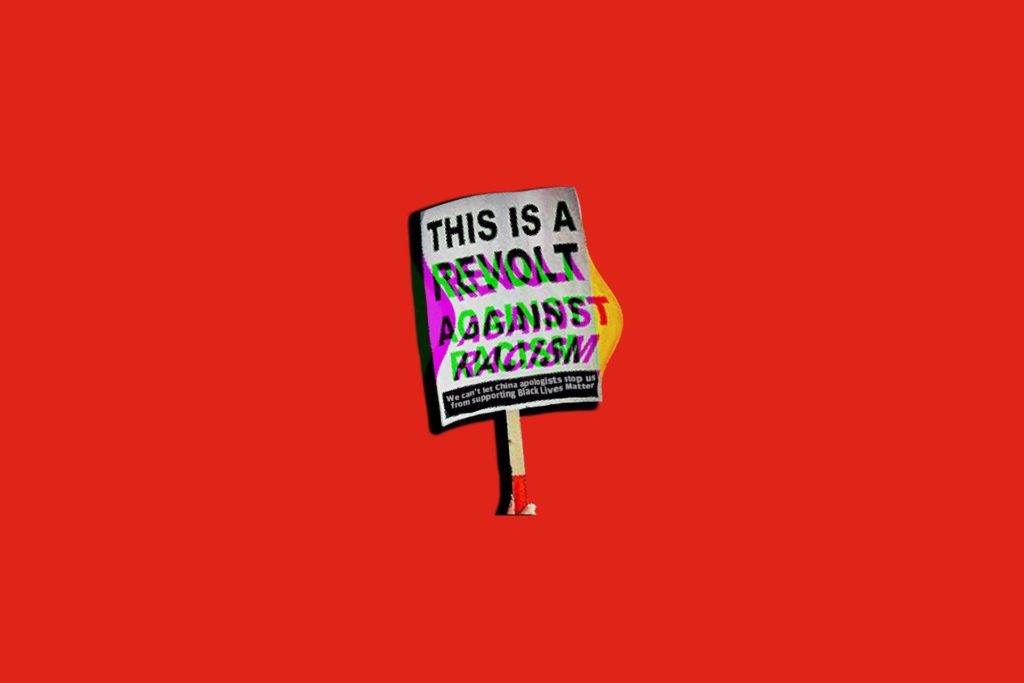2020 was a year defined by cascading, seismic shifts in our global reality, from rapidly changing modes of resistance in Hong Kong, the onset of the COVID-19 pandemic, global uprisings for Black lives, and anti-establishment protests from Thailand to Indonesia and beyond.
It was also Lausan’s first full year of existence. In these past, long months, our all-volunteer collective was able to put out over 170 original essays, translations, and republications and (co)-host nine webinars, rallies, and in-person actions. Below are the top 11 most-read articles of 2020.
11. I went to eat at three ‘Hongkongers Only’ restaurants

Lately, it feels as if the conflict between Hongkongers and mainland Chinese is more intense than it has been during the anti-extradition movement. This antagonism does not manifest in physical violence, but rather through words on the Internet and in reality. It’s as if everyone has been blinded by their hatred.
10. ‘Revolution everywhere’: A conversation between Hong Kong and Lebanese protesters
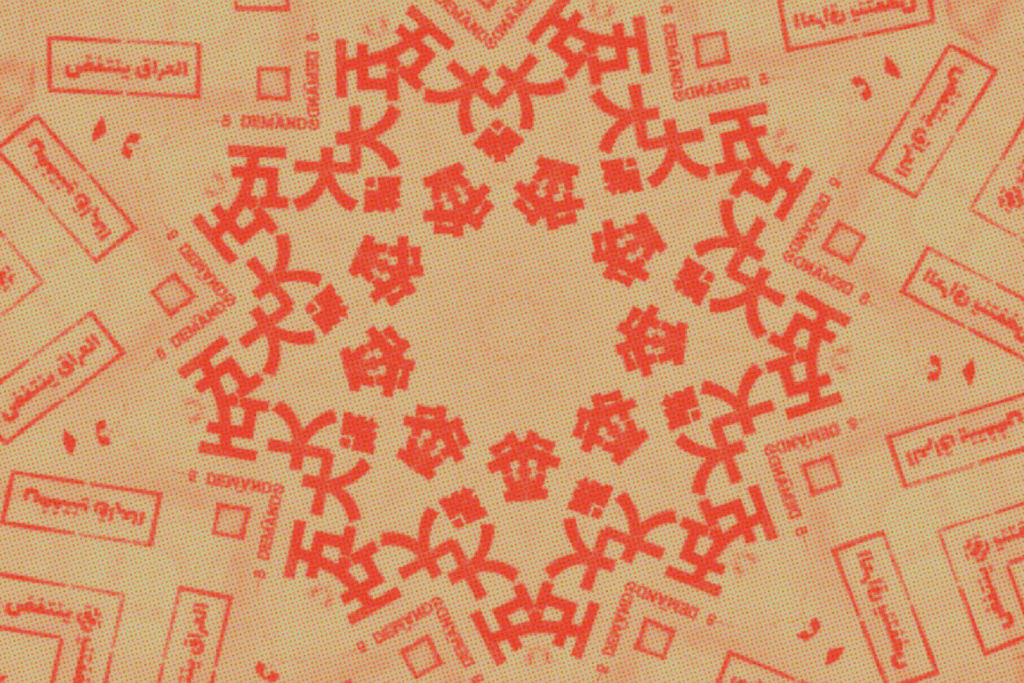
Between Hong Kong and Lebanon, there are so many seemingly random coincidences. But fundamentally, we are both ground under the feet of global systems of power and capital. The key to the future will be keeping conversations like these going, towards a collective liberation. Read this article in Chinese.
9. Understanding the Chinese American Right
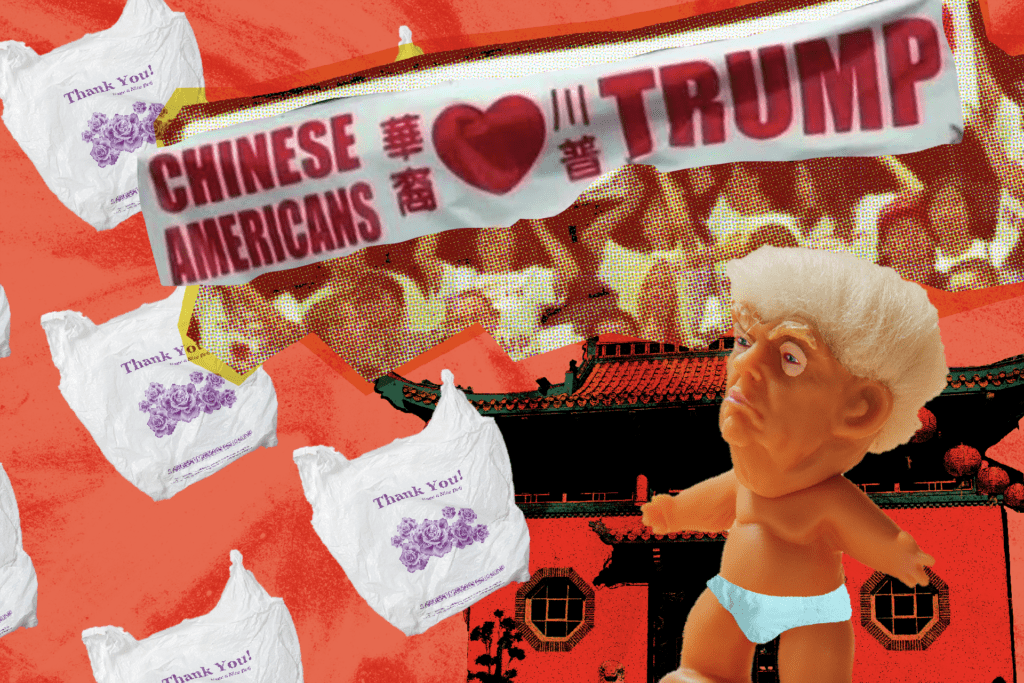
In order to advance a more progressive agenda, we need a multi-pronged strategy to marginalize the new Chinese American Right and win over more segments of the Chinese immigrant community. This work will require us to not only deepen our understanding of the growing Chinese American Right, but also to experiment and invest in new tactics and strategies. Read this article in Chinese.
8. Beijing’s new national security laws and the future of Hong Kong

If last year’s extradition bill was a legal portal that had sent individuals to the Mainland to bypass Hong Kong’s rule of law, judicial independence, and due process, then these new national security laws are a legal portal that sends legislation from Beijing directly to Hong Kong by fiat. In other words, instead of extraditing Hongkongers to the Mainland to face trial, Beijing’s legal system will simply be brought to Hong Kong. Read this article in Chinese.
7. Who are the Chinese ‘left’ nationalists?
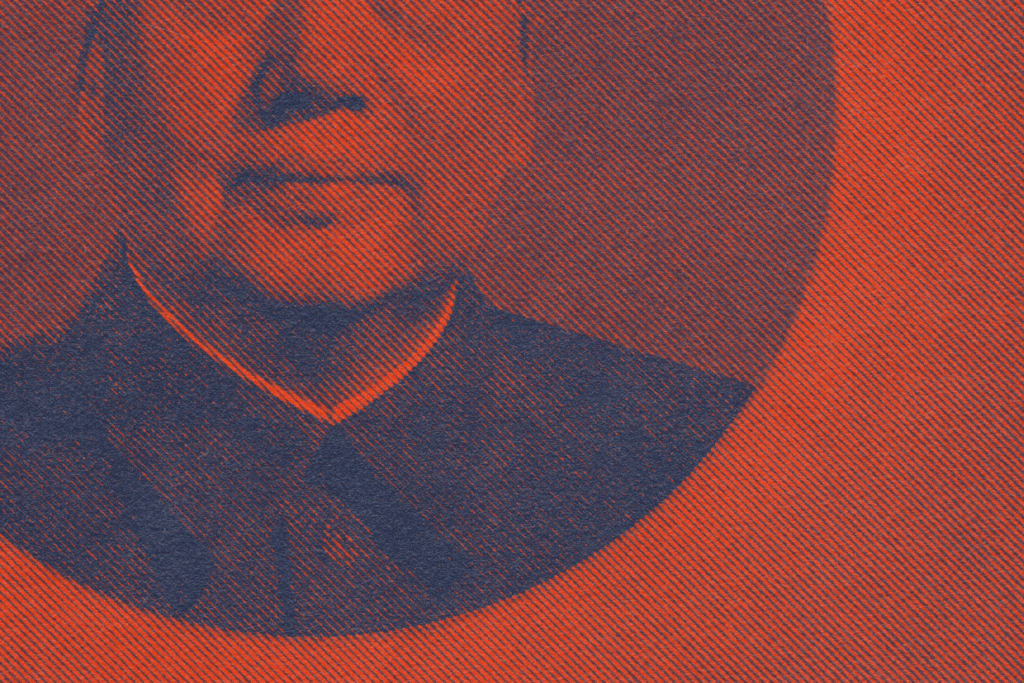
There has been increased attention to how some Chinese intellectuals have demonstrated a strong interest in the work of Nazi thinkers, such as the Nazi jurist Carl Schmitt. For them, Schmitt’s appeal is rooted in his ideas about anti-individualism, the primacy of the state, and the defense of centralizing state power in the hands of a singular leader figure.
6. We can’t let China apologists stop us from supporting Black Lives Matter
Letting pro-CCP nationalists on the Western left discredit other social movements—especially movements that are also fighting against police violence—is not the path forward. Instead, the transnational exchange of new strategies of resistance to militarized police brutality is an avenue to tangibly support movements against state violence—most pressing now amidst the movement for Black liberation. Read this article in Chinese.
5. Hong Kong’s new era of terror
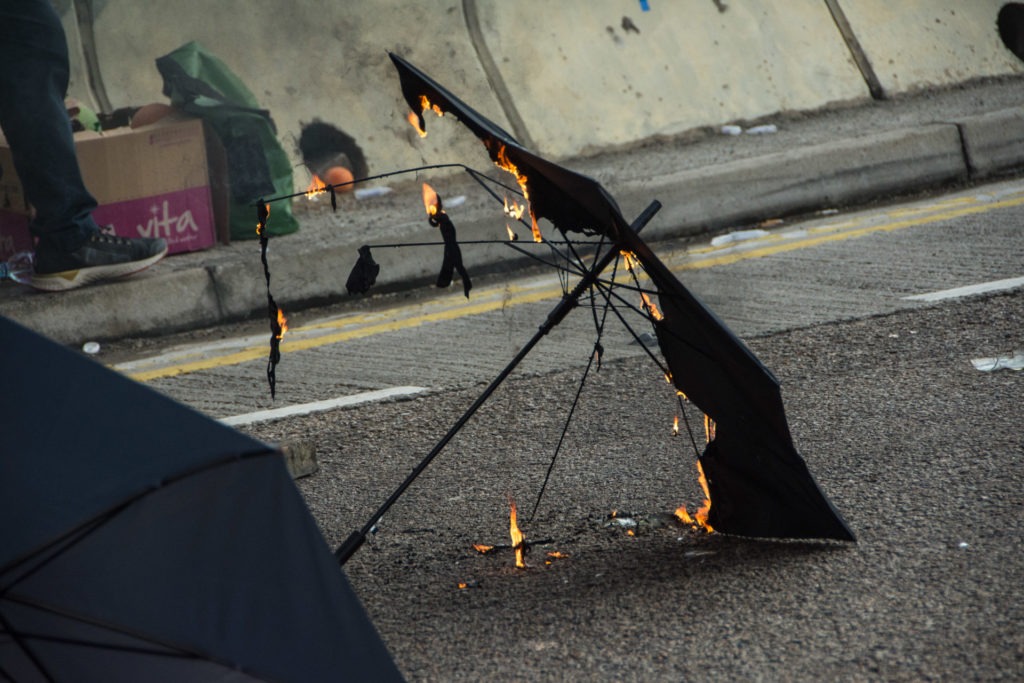
While these laws may mark the end of Hong Kong as we know it, Hong Kong activists and protesters will have to accept that their fate is now closely intertwined with their mainland counterparts. Though more dangerous now, more than ever before, liberation will depend crucially on whether Hongkongers can internalize the anti-establishment struggles in mainland China as fundamentally their own. Read this article in Chinese.
4. Trump’s executive order confirms US State Department has trained the Hong Kong police
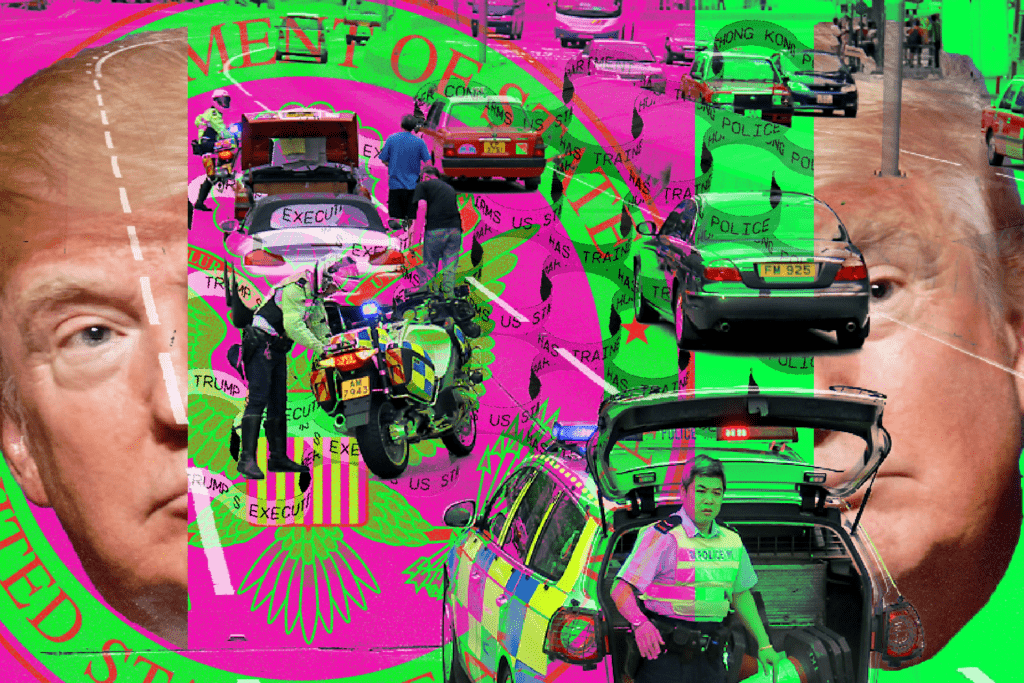
President Trump’s confirmation of the State Department’s longstanding collaboration with the Hong Kong Police Force counters the conspiratorial accusations pushed by Hong Kong and Chinese authorities—with no evidence—that the State Department somehow trains millions of Hong Kong people to rise up in protest. Read this article in Chinese.
3. It’s time for Hong Kong to reckon with its far-right
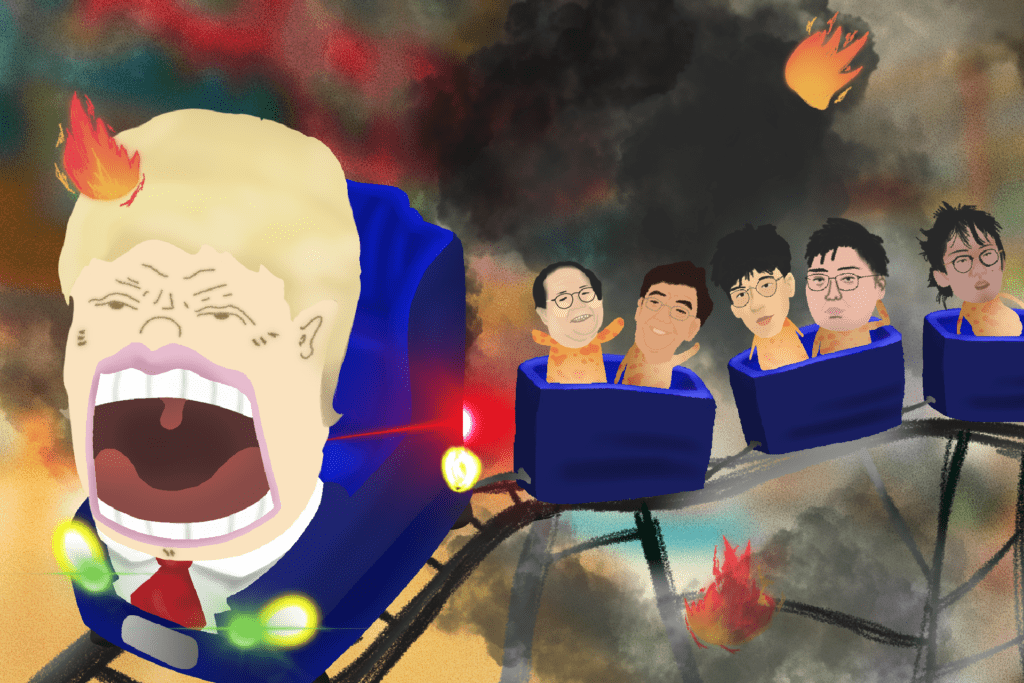
If a year of “no big stage” has in fact led to the amplification of the far-right’s platform, we must seriously ask ourselves how the movement’s vision of democratic process has gone wrong. This does not legitimize our oppression by Beijing’s hands, but it delegitimizes our movement for democracy. With the national security laws and the defeat of the Trump campaign, Hongkongers are left with a moment of reckoning.
2. The Hong Kong movement must stand with Black Lives Matter
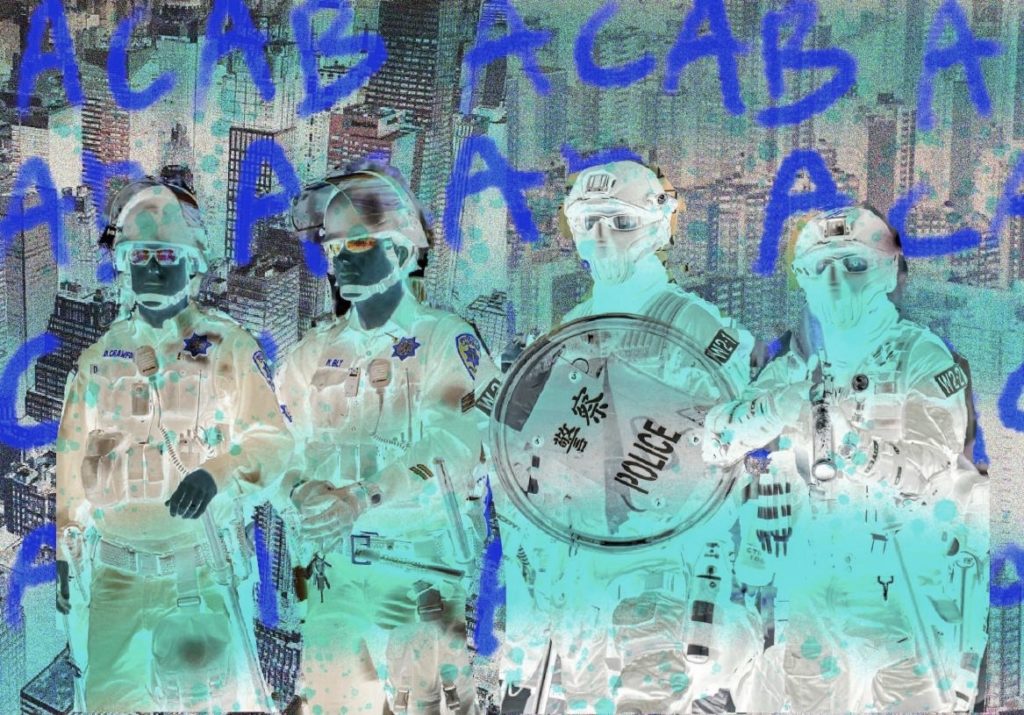
The historical and political context of the protests in Hong Kong and Minneapolis may be worlds apart, but both stem from the same system of state violence and oppression. Indeed, global racial capitalism, the system that has ensnared Hong Kong between the two competing superpowers, is built on anti-Blackness. That is why Hongkongers must stand with Black Lives Matter: not just because our struggles appear similar but because our liberation as working people in this system of global capitalism is impossible without the liberation of Black people. Read this article in Chinese.
1. Jakarta is returning: The ‘neoliberal cookbook’ that guides Indonesia’s Omnibus Bills
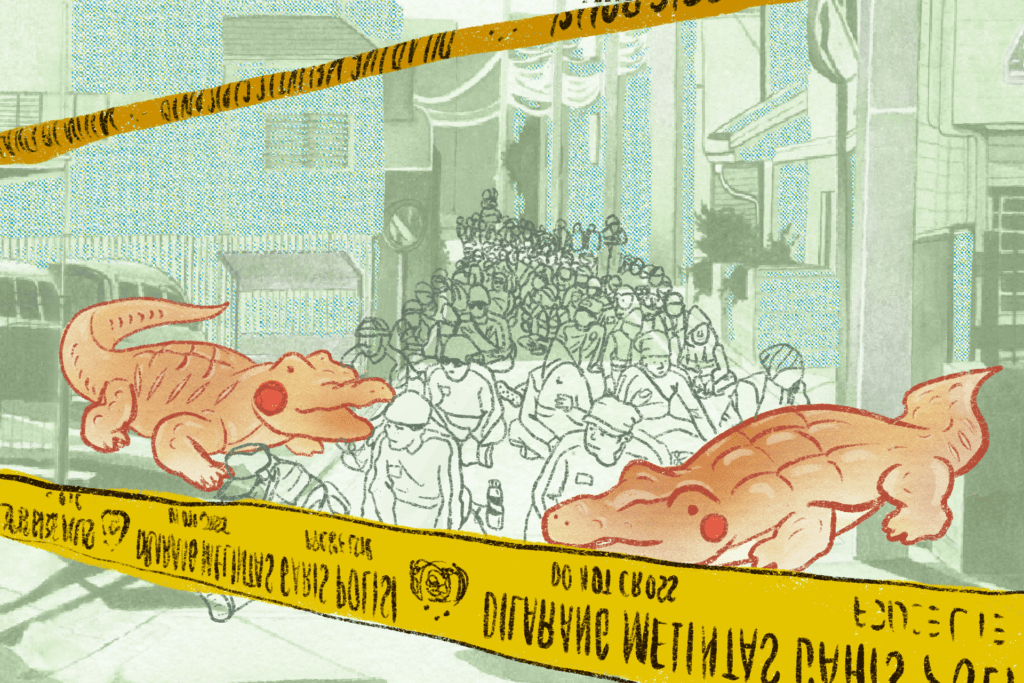
Capitalist states across the world—authoritarian or otherwise—have opportunistically taken cues from one another in a bid to centralize power and threaten hard-fought democratic labor and activist victories through severe, repressive means. In order to fight Jokowi’s proposed future for Indonesia, where a central government subordinates workers to the needs of massive multi-national corporations, we must continue to build a truly global workers’ front, a new internationalism beyond the nation-state. Read this article in Chinese.


